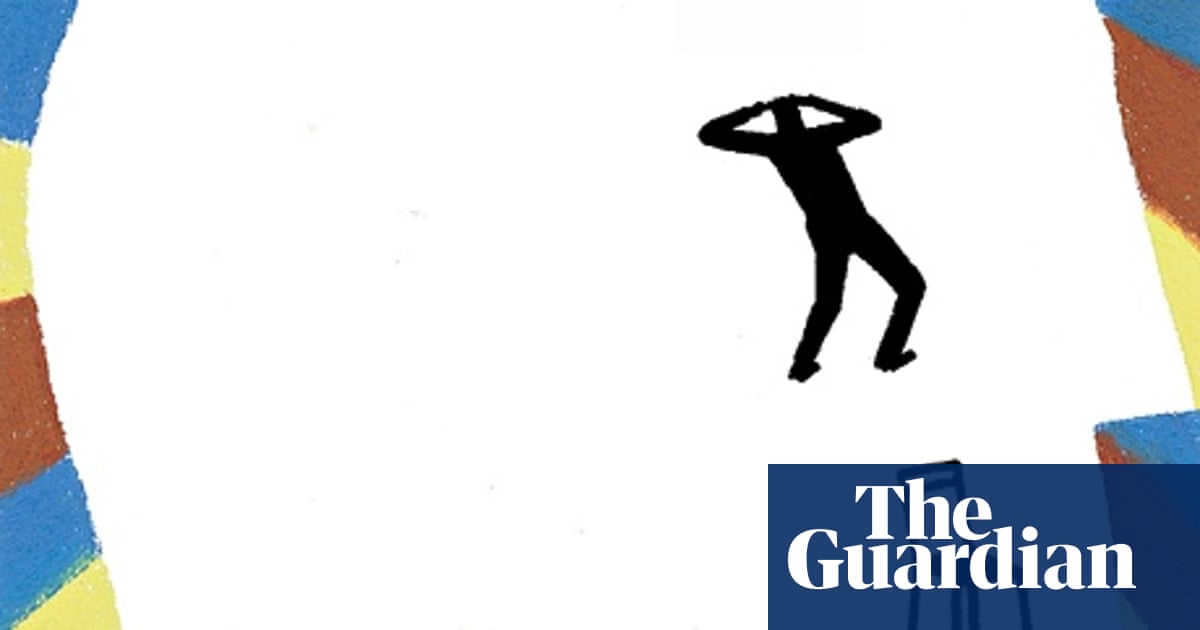Silent_Water
Tribune
Going through my virtual archives, I found something "uplifting" not so many of you may know about. Because my family lived in different parts of Eastern Europe, I was always interested in the different ways of musical culture there and I once was overwhelmed by the Latvian tradition of singer competitions there which is part of the national identity.
By the way, Latvia is one of the 3 "Baltic states" Estonia, Latvia and Lithuania with a population, related to (and originated in history most probably) from Scandinavia and Finland as you can see in their really wonderful national costumes and also in their beautiful faces.
Because they were for a long time only to see on complete maps of the former Soviet Union, the West-Europeans often under-estimated the size and the will of these "small nations" to regain their independence from their giant neighbor Russia.
But every one of these "small states" Estonia, Latvia and Lithuania has about the real size and the population of the Republic of Ireland (!) and they are most probably more musical than most of the West-European states because their music in their own rather difficult national languages was a part of their fight against the tyrannies of foreign occupation (first by Nazi-Germans in WW II, later by Stalinists and Communists).
Especially the singer contests in Latvia are really overwhelming, of which I found an example from 2018
And after this a version of "Rorando Coeli" which is similar to the one I once heard sung by a Latvian choir in a German cathedral. It is certainly not Latvian but the "Latvian effect" was similar because one part of the choir is always positioned somewhere behind and above you under the dome of the cathdral / church, so you are always surprised by this not only stereo- but "quadro-phonical" effect.
I really think, the Latvians are the best choir-singers in the world with the most surprising abilities.
Songs are as follows:
5. - Lec, saulīte! (Rise, sun!) - a song about remembering who you are, the teachings of old, clarity of mind and purpose, and a hope for better days ahead.
4. - Manai dzimtenei (For my homeland) - a song of defiance against impossible odds and a grim fate, a rememberance in-song about the freedomfighters of old who stood their ground in face of certain death to defend their homes, hoping their sacrifice would lead to a better future for the people.
3. - rokoperas LĀČPLĒSIS fragmenti (exempts from the rock-opera "Lāčplēsis") - a song about a metaphorical small child that is Latvia who finds itself in crossroads, surrounded by beating hooves and rolling wheels, with a dreaded sense that time is running out. Ultimately, a song about a country calling out to its people to help find its way.
2. - Virs galvas mūžīgs Piena ceļš (Above my head a Milky Way eternal) - A song about travel, seeing the world, but ultimately finding your way back home. A song about how one might think the grass is greener elsewhere, but the greenest will always be back home. A song about finding where you belong, finding a way to your "happy land" and realizing it was your home all along.
1. - Saule, Pērkons, Daugava (Sun, Thunder, Daugava (largest river in Latvia)) - A song of strength. About gaining strength from the white sea, the green hills and plains and the unyielding people who have always endured. A song about the gods of old: Sun - the bringer of life and fulfillment; Thunder - the patriarch of all the gods and god of creation and the sky, the smiter of foes; and Daugava - depicted as the river of fate and bringer of omens. How they all once came together to forge the land, and afterwards, the people to defend it.
... and "Rorando Coeli"
by
 en.wikipedia.org
en.wikipedia.org
Rorando coeli: Rorando coeli has two choirs. They imitate one another throughout. The double choir technique utilized in this motet evokes the more complex antiphonal works of Campanus' contemporaries in Venice.
By the way, Latvia is one of the 3 "Baltic states" Estonia, Latvia and Lithuania with a population, related to (and originated in history most probably) from Scandinavia and Finland as you can see in their really wonderful national costumes and also in their beautiful faces.
Because they were for a long time only to see on complete maps of the former Soviet Union, the West-Europeans often under-estimated the size and the will of these "small nations" to regain their independence from their giant neighbor Russia.
But every one of these "small states" Estonia, Latvia and Lithuania has about the real size and the population of the Republic of Ireland (!) and they are most probably more musical than most of the West-European states because their music in their own rather difficult national languages was a part of their fight against the tyrannies of foreign occupation (first by Nazi-Germans in WW II, later by Stalinists and Communists).
Especially the singer contests in Latvia are really overwhelming, of which I found an example from 2018
And after this a version of "Rorando Coeli" which is similar to the one I once heard sung by a Latvian choir in a German cathedral. It is certainly not Latvian but the "Latvian effect" was similar because one part of the choir is always positioned somewhere behind and above you under the dome of the cathdral / church, so you are always surprised by this not only stereo- but "quadro-phonical" effect.
I really think, the Latvians are the best choir-singers in the world with the most surprising abilities.
Songs are as follows:
5. - Lec, saulīte! (Rise, sun!) - a song about remembering who you are, the teachings of old, clarity of mind and purpose, and a hope for better days ahead.
4. - Manai dzimtenei (For my homeland) - a song of defiance against impossible odds and a grim fate, a rememberance in-song about the freedomfighters of old who stood their ground in face of certain death to defend their homes, hoping their sacrifice would lead to a better future for the people.
3. - rokoperas LĀČPLĒSIS fragmenti (exempts from the rock-opera "Lāčplēsis") - a song about a metaphorical small child that is Latvia who finds itself in crossroads, surrounded by beating hooves and rolling wheels, with a dreaded sense that time is running out. Ultimately, a song about a country calling out to its people to help find its way.
2. - Virs galvas mūžīgs Piena ceļš (Above my head a Milky Way eternal) - A song about travel, seeing the world, but ultimately finding your way back home. A song about how one might think the grass is greener elsewhere, but the greenest will always be back home. A song about finding where you belong, finding a way to your "happy land" and realizing it was your home all along.
1. - Saule, Pērkons, Daugava (Sun, Thunder, Daugava (largest river in Latvia)) - A song of strength. About gaining strength from the white sea, the green hills and plains and the unyielding people who have always endured. A song about the gods of old: Sun - the bringer of life and fulfillment; Thunder - the patriarch of all the gods and god of creation and the sky, the smiter of foes; and Daugava - depicted as the river of fate and bringer of omens. How they all once came together to forge the land, and afterwards, the people to defend it.
... and "Rorando Coeli"
by
Johannes Vodnianus Campanus - Wikipedia
 en.wikipedia.org
en.wikipedia.org
Rorando coeli: Rorando coeli has two choirs. They imitate one another throughout. The double choir technique utilized in this motet evokes the more complex antiphonal works of Campanus' contemporaries in Venice.
Last edited:






 Well, of course, Easter - and Passover - are solemnities,
Well, of course, Easter - and Passover - are solemnities,




